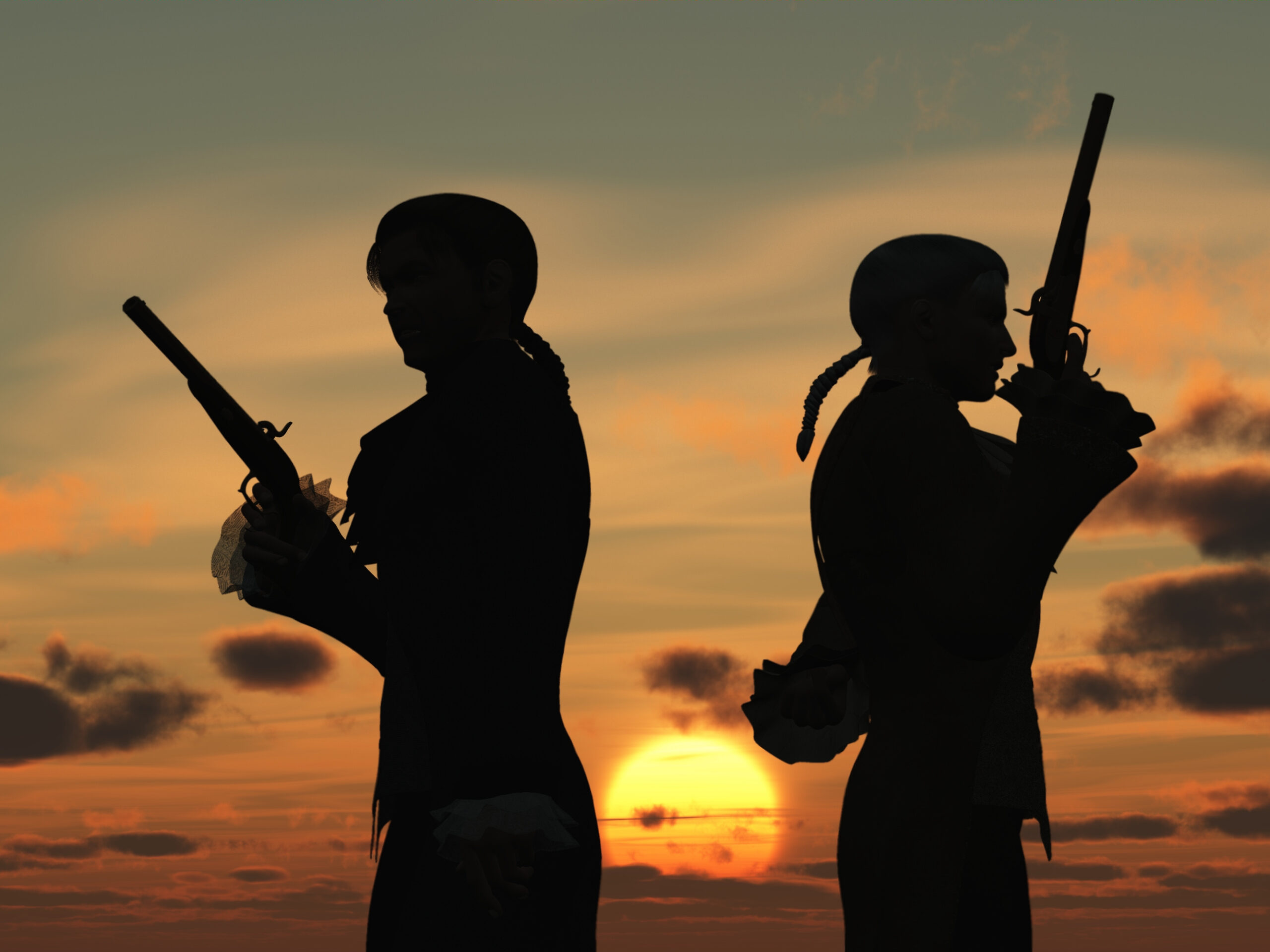The Weekly Feast – Dijon Chicken and Barley
I made this one this past week, and was thoroughly impressed by it. The flavors were good, though it needed a bit of tweaking to make it perfect. It was a VERY good “dump meal,” meaning all I had to do was stuff things in the crock pot and set it to high. I’ve been sick as a dog this week, and needed stuff that was simple to make. This fit the bill, and was healthy and tasty as well!
Ingredients
- 1-1/2 cups barley
- 1 lb mushrooms, sliced
- 2 lbs boneless, skinless chicken (thighs, breasts, or a combo)
- 4 cups chicken broth
- 1/4 cup lemon juice
- 1/4 cup dry white wine
- 6 garlic cloves, smashed and chopped
- 1 tsp dried thyme
- 2 tsp salt
- 1 tsp onion powder
- ½ tsp red pepper flakes
- black pepper, to taste
- 10 oz frozen sweet peas
- 1/4 cup creme fraîche, sour cream, or plain yogurt (dairy free works well)
- 2 tbsp Dijon mustard, plus more to taste
- 1/2 cup fresh tarragon or dill, minced
- Parmesan cheese
In your crock pot, combine all the ingredients from barley to the black pepper. Stir well to combine, and then cook on high for about 3 hours. Stir again, making sure to immerse the chicken in the liquid. It’s going to seem a bit soupy, but trust in the recipe. Cook for another hour on high, or switch to low to cook for up to another 3 hours.
Remove the chicken to a plate and let sit for a few minutes while you do other things. Stir in the frozen peas and let them heat for about 2 minutes.
While the peas are warming, whisk together the creme fraîche and mustard. Taste, and add more mustard to suit your palate. Fold this mixture into the barley and mushrooms in the crock pot. Now, shred or pull apart your chicken. It should fall apart easily. Return the chicken to the pot, then taste to see if you need any more salt or pepper. Stir in the chopped fresh herbs, and serve immediately.
Add the Parmesan at the table, for those who wish it.
Notes:
I found the tarragon to be a bit strong in flavor, even though I only used about a tablespoon of it. The slight liquorish flavor just overpowered the rest of the dish. I would omit this next time, and use either all dill, or a mix of dill and Italian Seasoning instead. Another suggestion would be Herbs de Provence.
Even though you’re only adding about a half cup total of “creamy” stuff to this dish, it comes out incredibly creamy tasting. I used a cashew based yogurt, because I’m not able to eat dairy, and it was delicious. I used a smooth traditional Dijon, and I think I might try a more stone ground style next time. This was great as a stand-alone, and could easily be put together in a morning before running out the door. I think it would also be nice paired with a light salad.













